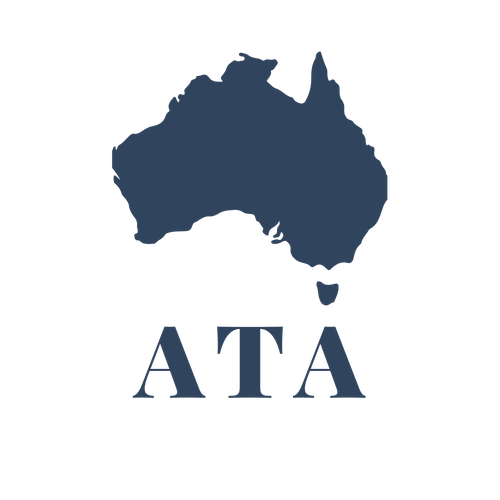More job losses, more business closures coming according to KPMG
By Ryan Grice
Increased unemployment and even more small business closures are in store if governments stick to their plans to delay reopening until reaching an 80% full vaccination rate. While it’s great for a family to be able to say “we got the jab, and we survived the lockdown”, if their business collapses and one or both primary earners are left unemployed, what sort of life are they going to be left with?
New KPMG modelling appraises the impact of lengthy Delta lockdowns but – instead of simply focussing on surface level possible health impacts – shines a light on the extensive economic impacts. Though any talk of the economy is often swept under the rug, the new modelling reveals dire consequences, should governments insist on holding off on reopening. Australians can expect to see more job losses, with a 1.1% rise in unemployment and for GDP to fall by 2.6% in the September quarter of 2021. A delay will also push back a post-lockdown rebound for an additional six months.
KPMG chief economist Dr Brendan Rynne said the data did not account for the high number of businesses that would inevitably close down if made to suffer through an additional six months of the economy “treading water”.
The economic perspective sheds much-needed light but poses the question: What specifically can state governments do to speed up the recovery and ensure we aren’t left in the lurch?
The Australian Taxpayers’ Alliance last year published a five-point policy proposal for post-Covid Australia, the relevance of which only increases the longer lockdowns drag on. First, deregulate. Deregulation would allow businesses to improvise, adapt and pivot to new forms of service and structure that may currently sit outside of regulatory boundaries. Not only would this help businesses stay afloat but it would also reduce the need for monetary stimulus packages which are a burden to all taxpayers. Second, cut tax. Reducing and restructuring inefficient taxes – like stamp duty and payroll tax – would aid individuals navigate hurdles such as downsizing and moving for work, and businesses with hiring and managing staff. Third, let people access their personal resources. Reinstating superannuation flexibility, allowing withdrawals and increasing individuals’ control over funds would provide options to those in dire need of cash as lockdowns continue.
The potential to implement measures such as these is ripe for newly appointed New South Wales Premier and former treasurer Dominic Perrottet; he is the man behind the 2020 state budget that blazed the trail for post-COVID reform, after all.
We can only hope that, with NSW under new management, more attention will be paid to passing efficient, people-oriented policies geared to set an example for other Australian states.
MORE CONTENT: Keep variety on the menu to give small businesses a chance
